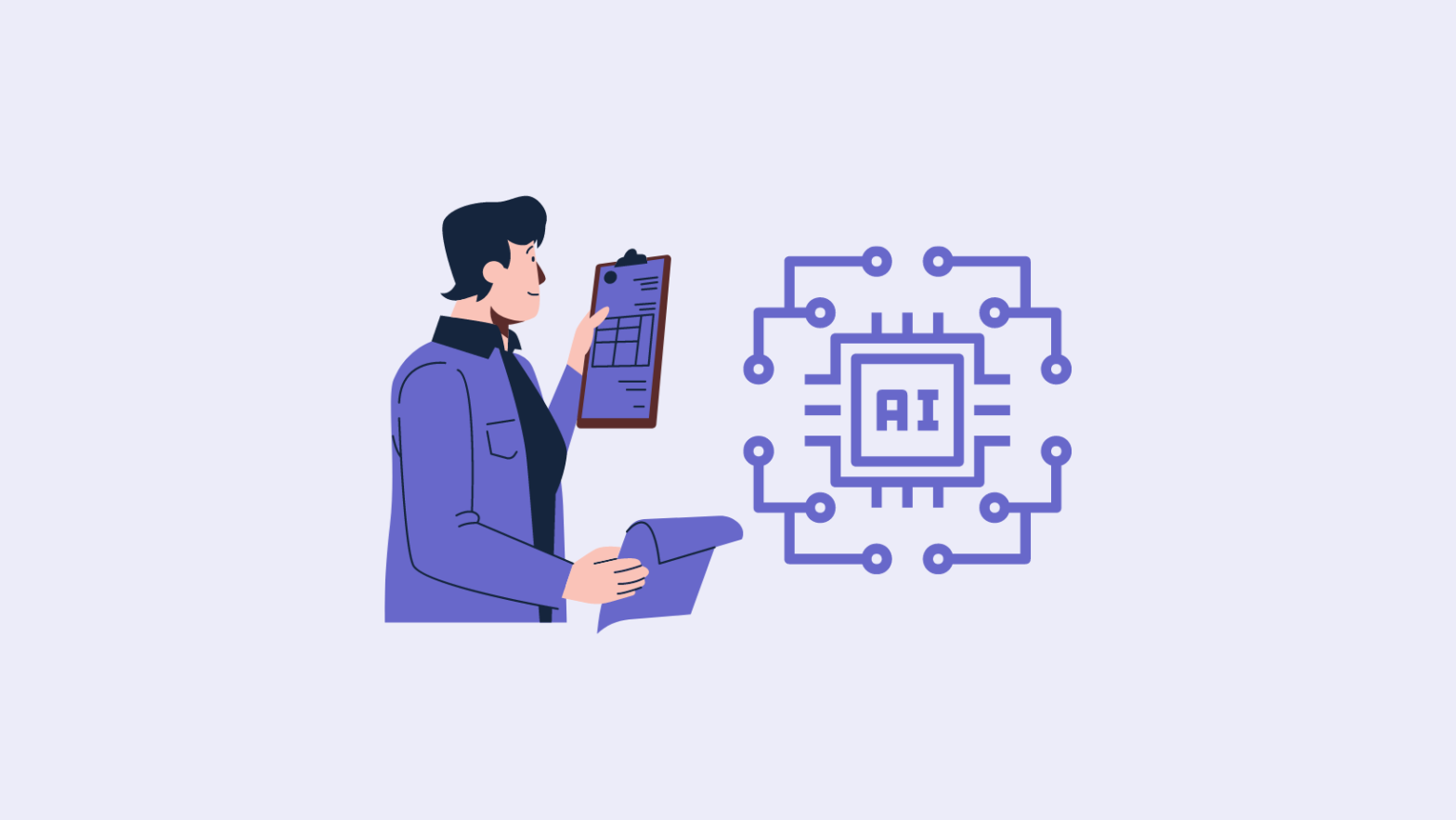Yes, the future is here. But what does it mean for those working in the healthcare industry?
Chances are, you’ve heard about applications of AI (artificial intelligence) in healthcare. But how big of an impact can AI really make for health care practitioners? And what does it mean for the future of your job? Let’s read on to find out.
Before digging in deeper, let’s explore what AI in healthcare actually means. A rather broad and umbrella term, it’s used to describe the application of cognitive technologies (like machine learning algorithms) in medical settings.
Putting it simply, AI strives to, and in many cases succeeds in, mimicking tasks normally done by humans. It also aims to cut down on the time and effort humans undertake on things and has many interesting real-world applications (take the Roomba, for example, which is a robot vacuum cleaner).
The Role of AI in Healthcare
According to McKinsey, routine and administrative tasks can take up to a staggering 70% of a healthcare professional’s time. This, of course, is not ideal. That’s where AI comes into play. Now, the things we’re going to cover may sound like they came straight from a Sci-Fi movie, so brace yourselves.
Robots and Machines That Help with Surgeries
Unlike humans, robots don’t have tremors or accidental movements which may impact a patient during surgery. There’s also no issue of robots getting fatigued during a long procedure. Incredibly, these types of robots exist; an example is one called Heartlander, a mini mobile robot created by the robotics department at Carnegie Mellon University, which helps perform surgery on the heart.
Assisting With Clinical Decisions
Taking into consideration all pieces of information when diagnosing patients is vital; it’s truly a matter of life or death. Major errors can be made just because of unorganized notes/files or even plain absent-mindedness.
NLP, or its full form, Natural Language Processing, can help healthcare providers. It can assist in categorizing pertinent information from patients’ reports. Specifically, it can both hold and process huge amounts of data like knowledge databases, which will support clinicians in making the right decisions, medically speaking.
Complementing Primary Care with Chatbots
Medical chatbots that are available 24/7 may be a unique, ultra-modern solution for patients enabling them to get health-related questions or concerns answered right away. Not to mention, save their time and money.
With these chatbots, healthcare practitioners can screen patients who can possibly treat themselves or are having false alarms, and focus their attention on people in need of urgent medical attention.
The Future of Your Job in the Age of AI
Don’t worry, robots won’t snatch your job away. Mostly, anyway.
Though AI is expected to replace an estimated 85 million jobs worldwide by 2025, it will also create around 97 million jobs in the same amount of time, according to a report by World Economic Forum. Of course, the above information refers to all kinds of jobs, not just in the healthcare industry.
Coming to jobs in the healthcare sector, while some administrative and menial tasks can most likely be assisted/replaced by AI, AI cannot replace the expertise and skillsets required by specialized professionals. In fact, there’s actually a large shortage of healthcare workers. WHO (World Health Organization) predicts we’ll be short of about 13 million healthcare workers by 2035.
Another report by WHO unveiled that there is a shortage of around 17.4 million healthcare workers, and found there are just 4.45 skilled healthcare professionals per 1000 people worldwide. These stats show the increased demand for medical experts globally.
Key Takeaways
As you’ve discovered, there are quite a few applications of AI in the healthcare industry. You’ve also read about how AI can impact jobs, both general ones and in the healthcare sector. It’s apparent that AI has a tremendously positive impact on healthcare. Likewise, you don’t need to worry about AI stealing your job, especially not if you’re a healthcare practitioner. Your job is safe!
Please note that this blog post isn’t exhaustive; it’s just a brief overview of the impact, applications, and future of AI in the medical field. We hope you enjoyed this blog post, and we encourage you to share your comments below!
